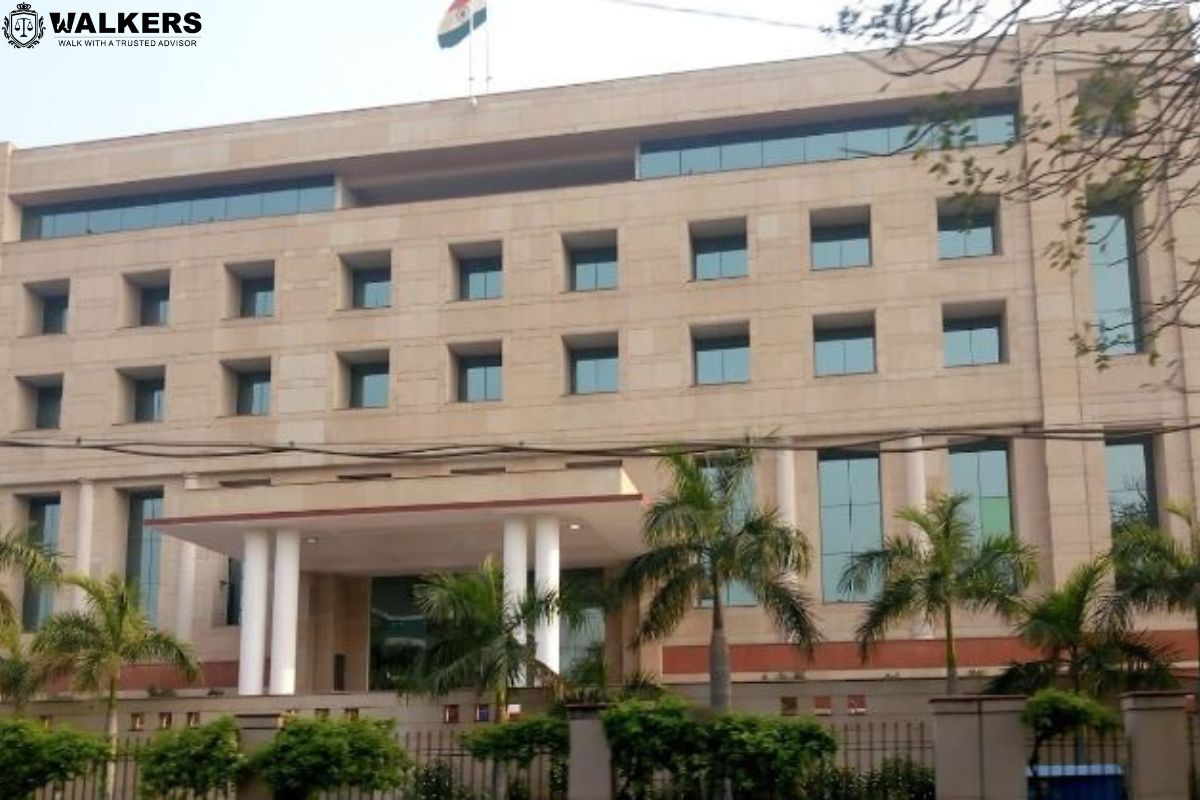


"Delhi High Court Stresses on Mental Health of Long-Term Inmates, Issues Comprehensive Guidelines"
The Delhi High Court has emphasized the need to address the mental health challenges faced by convicts serving lengthy sentences, as highlighted in the recent case of Sartaj @ Allaharakha v State of NCT of Delhi. Justice Swarana Kanta Sharma, in her observations, underscored the importance of upholding the dignity and mental well-being of prisoners to enhance their prospects of successful reintegration into society upon release.
While acknowledging that prisons play a role in removing criminals from the streets, Justice Sharma cautioned against neglecting the mental health of inmates during long incarcerations. She expressed concerns that extended prison sentences without proper mental health care could potentially lead to the cultivation of criminal behavior within the prison environment.
In response, the Court has issued a series of directives aimed at safeguarding the mental and emotional health of prisoners. Notably, the Court mandated the presence of counselors or psychiatrists in all Delhi prisons. Furthermore, a comprehensive Standard Operating Procedure (SOP) is to be developed, outlining provisions for alternative therapies and facilities within the prison setting. The Government of Delhi is tasked with providing the necessary infrastructure and funding for these initiatives.
To address repeated punishment of inmates, the Court has recommended referrals to psychiatrists in appropriate cases. In instances where mental and emotional health issues are evident, the Court ordered the provision of counseling, alternate therapies, and meditation facilities.
Justice Sharma highlighted the importance of sensitizing prison administration, including medical officers, to effectively identify and address mental health concerns among inmates. The Court also directed the Delhi State Legal Services Authority (DSLSA) to conduct regular workshops promoting mental health therapy for convicts throughout the year.
The directives were issued in response to a plea by the petitioner, Sartaj @ Allahharakha, who had challenged the denial of parole by the government. The Court noted the petitioner's history of multiple punishments and criminal involvement during his incarceration. The lack of parole, the Court observed, hindered the petitioner's ability to maintain social connections.
Recognizing the absence of specific rules addressing mental and emotional health in prison, the Court's directives have been forwarded to relevant authorities for compliance. A compliance report is expected within two months.
Advocate Sushal Bali acted as Amicus Curiae in the case, while advocates Faraz Maqbool, Vismita Diwan, Sana Juneja, Chandan Kumar, and Chinmay Chatterjee represented the petitioner. Additional Standing Counsel (Criminal) Sanjeev Bhandari, along with advocates Kunal Mittal and Saurabh Tanwar, appeared for the State.
TAGS: Delhi High Court mental health prisoners guidelines emotional well-being convicts incarceration reintegration dignity social ties prison environment counselors psychiatrists Standard Operating Procedure (SOP) alternative therapies meditation facilities government funding repeated punishment referrals sensitization prison administration medical officers workshops Delhi State Legal Services Authority (DSLSA) parole compliance Amicus Curiae petitioner advocates Additional Standing Counsel criminal cases Secretary Director General (Prisons) Principal Secretary (Home) Department of Law Justice and Legislative Affairs.